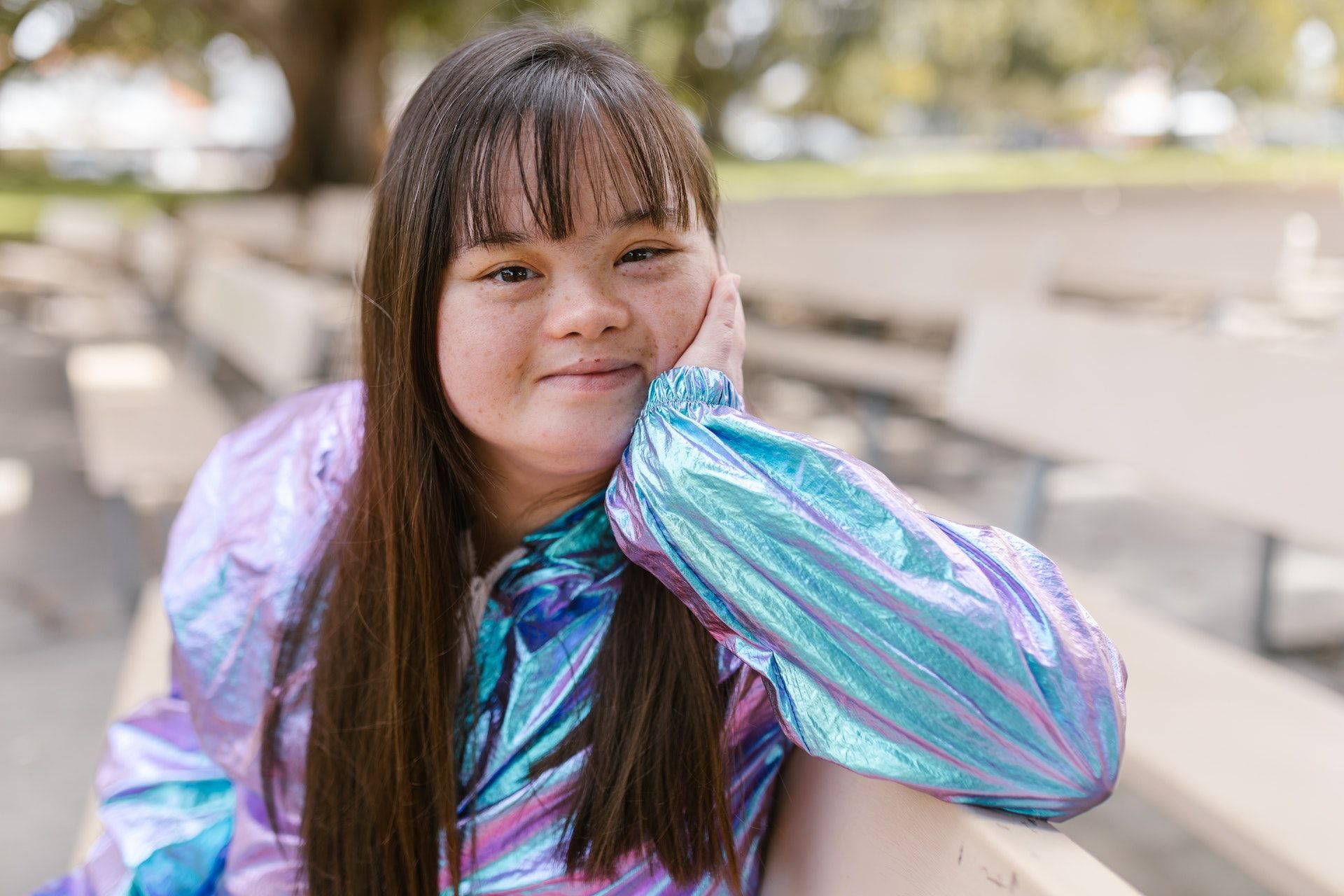Understanding Down Syndrome: Causes, Symptoms, Diagnosis, and Treatment
Understanding Down Syndrome
Causes, Symptoms, Diagnosis, and Treatment
Down Syndrome is a genetic disorder that affects approximately one in every 700 births worldwide. It is caused by the presence of an extra copy of chromosome 21, leading to developmental delays and various physical and intellectual challenges. In this article, we will explore what Down Syndrome is, its symptoms, how it is diagnosed, and the available treatment options.

What is Down Syndrome?
Humans typically have 46 chromosomes, two of each. However, people with Down Syndrome have 47 chromosomes in total, including an extra copy of chromosome 21. That’s why this syndrome is also known as trisomy 21. Physical and intellectual problems occur from this extra genetic material's disruption of the regular course of development. (Cleveland Clinic, 2 C.E.)
Symptoms of Down Syndrome:
The symptoms of Down Syndrome can vary widely from person to person. Some common physical characteristics include almond-shaped eyes, a flat facial profile, a small nose, a protruding tongue, and a single crease across the palm (CDC, 2022). Individuals with trisomy 21 may also have developmental delays, such as delayed speech and motor skills, and exhibit lower muscle tone (hypotonia).
Moreover, Down Syndrome is often associated with certain health conditions, including congenital heart defects, hearing and vision problems, gastrointestinal issues, and thyroid disorders (CDC, 2022). However, it is important to note that not every individual with trisomy 21 will experience all of these symptoms or health complications.
Diagnosing Down Syndrome
Down Syndrome can be diagnosed prenatally or after birth. During pregnancy, expectant parents can opt for various screening tests to assess the likelihood of their baby having trisomy 21. These tests include ultrasound examinations, blood tests (such as the maternal serum screening), and non-invasive prenatal testing (NIPT), which analyzes cell-free fetal DNA from the mother's blood.
If the screening tests indicate an increased risk, further diagnostic tests like chorionic villus sampling (CVS) or amniocentesis can be performed to confirm the presence of Down Syndrome. These tests involve obtaining a small sample of cells from the placenta or amniotic fluid and analyzing the chromosomes (NHS, 2019).
After birth, the diagnosis is often based on a physical examination and confirmed by a chromosomal analysis (karyotype) (Chromosome Analysis (Karyotyping), 2021). This analysis examines the individual's cells to determine if there is an extra copy of chromosome 21.

Treatment and Support
Although there is no cure for Down Syndrome, early intervention and treatment can greatly improve the quality of life for those who have the disorder. A multidisciplinary approach is often used in treatment plans to accommodate the unique needs of each patient, with a particular emphasis on speech and language therapy, physical therapy, occupational therapy, and educational interventions.
Early intervention programs support the growth of social interaction, physical skills, and communication abilities. Programs for special education students and inclusive learning settings can offer individually personalized educational support to bring forth the most in each person.
Additionally, people with Down Syndrome frequently need medical care to treat related health issues. Their schedule for receiving medical care must include regular checkups, examinations for their eyesight and hearing, and checks for any consequences. Congenital heart abnormalities or other unique health problems may require surgical procedures.
Inclusion
In addition to providing medical and educational support, it is also critical to build a supportive atmosphere for people with Down Syndrome. Their general well-being and self-esteem can be improved by fostering social integration, encouraging acceptance, and offering chances for inclusion.
The inclusion, comprehension, and acceptance of people with trisomy 21 must be fostered by society as a whole. We can build a more accepting society where everyone may prosper, irrespective of their ancestry, by embracing their special qualities and fighting for their rights.
Support networks, such as support groups and organizations specializing in Down Syndrome, play a crucial role in providing resources, information, and emotional support to individuals with trisomy 21 and their families. These networks provide a platform for sharing experiences, accessing valuable services, and promoting advocacy efforts to raise awareness about the capabilities and potential of each individual.
Conclusion
Down Syndrome is a genetic disorder that presents unique challenges for individuals affected by it and their families. However, with early diagnosis, appropriate medical care, educational interventions, and a supportive environment, individuals with Down Syndrome can achieve their full potential and lead fulfilling lives. By promoting inclusivity, understanding, and support, we can create a society that values and embraces the diverse abilities and contributions of all its members.
References
CDC. (2022, November 18). Facts about Down syndrome. Centers for Disease Control and Prevention; U.S. Department of Health & Human Services. https://www.cdc.gov/ncbddd/birthdefects/downsyndrome.html
Chromosome Analysis (Karyotyping). (2021, January 27). Testing.com. https://www.testing.com/tests/chromosome-analysis-karyotyping/
Cleveland Clinic. (2 C.E.). Down Syndrome. Cleveland Clinic. https://my.clevelandclinic.org/health/diseases/17818-down-syndrome
NHS. (2019).
Overview - Chorionic villus sampling. NHS. https://www.nhs.uk/conditions/chorionic-villus-sampling-cvs/
About Jade
Jade Autism is a company that promotes
inclusive education
through technology. Our solutions support children and adolescents with Down Syndrome, Autism Spectrum Disorder (ASD), dyslexia, and other neurodevelopmental disorders, enabling schools and teachers to offer an individualized approach for each student.
All this is done through Jade Edu, and Jade APP, which together promote the cognitive development of these students through games, and provide support to teaching professionals.

